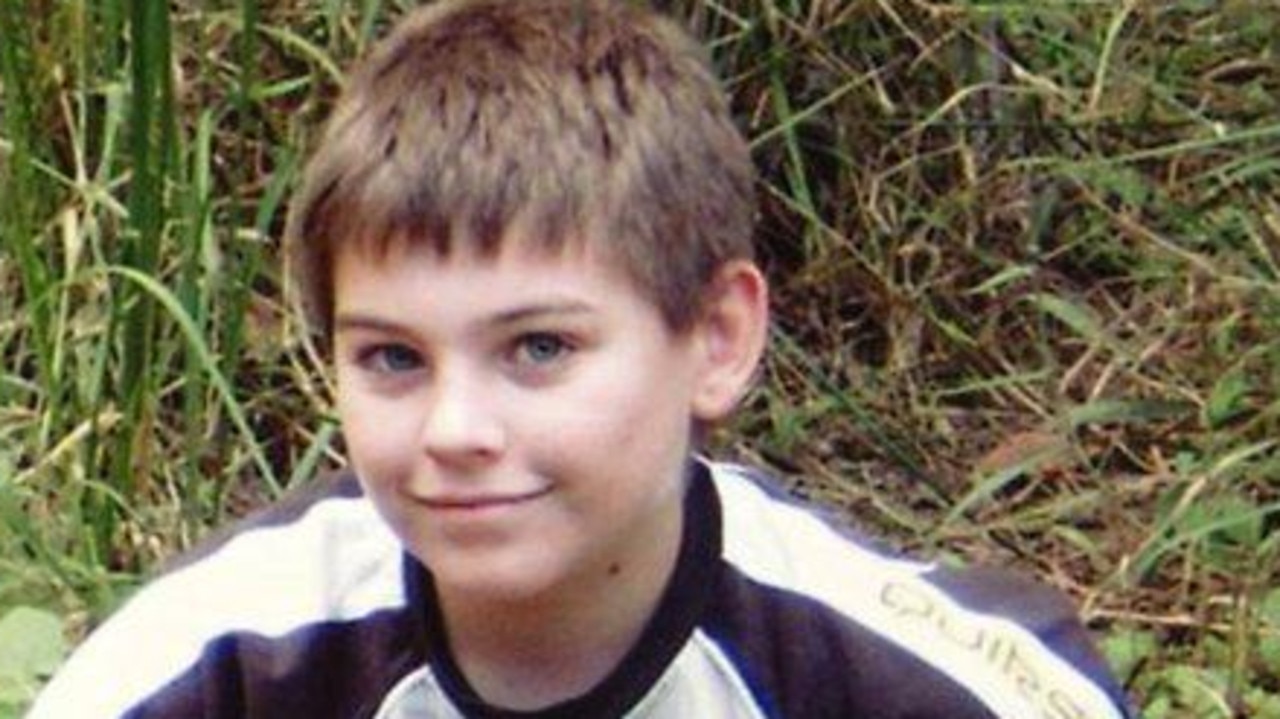Talking consent: Where we’re going wrong with our boys
THEY’RE the frontline in domestic violence prevention, but parents are making major mistakes when teaching their kids about healthy relationships.

THEY’RE the frontline in domestic violence prevention, but new research reveals the major mistakes Australian parents are making when talking to their kids about healthy relationships.
When it comes to discussing consent and identifying controlling behaviour in relationships, parents are talking to their teenage kids about the issues more, but they’re not always saying the right things.
A new study commissioned by The Line, the youth arm of violence-prevention organisation Our Watch, has revealed evidence of alarming attitudes of parents of 12- to 20-year-olds.
Of more than 500 parents interviewed, one in three (32 per cent) said they weren’t confident discussing what controlling behaviours look like, and one in four (27 per cent) weren’t confident discussing consent with their child.
Close to a third (29 per cent) of parents said they weren’t confident discussing the acceptability and the impact of saying disrespectful or hurtful things about girls.
While parents were found to have good intentions — more than 90 per cent thought it was serious if their son put a girl under pressure to do something sexual or was physically violent to a girl — many parents were found to have very little understanding of the importance of consent.

Barely half (54 per cent) thought it was extremely important that young people understand want made relationships healthy, and a third (34 per cent) failed to rank young people being well informed about consent as extremely important.
There were also problematic attitudes discovered that parents could be passing onto their children.
One in three (34 per cent) parents thought most women could leave a violent relationship if they wanted to, and close to a quarter (23 per cent) did not think it was serious if their child said something disrespectful about a girl in order to be funny or to impress their friends.
A further 29 per cent did not think it was serious if their child checked their boyfriend or girlfriend’s private text or online messages without permission.
Comparing the results to a benchmark study conducted 12 months earlier, parents were found to be talking with their kids more, but less confident they were saying the right things.
“It’s understandable parents might find talking about sex awkward, and indeed young people might resist any attempt from their parents, but this research also shows us just how important it is,” Our Watch chief executive Mary Barry said in a statement.
“More than a third of the parents we surveyed didn’t think it was extremely important their child understands consent, and more than a quarter didn’t feel confident talking about this.
“This is concerning, because six in 10 young people told us that, if a guy wants to have sex with a girl, it is solely up to the girl to make it very clear if she doesn’t want to.”
As part of its commitment to stamp out domestic violence, the Turnbull Government has launched advertising material targeting sexist attitudes of young people to prevent them developing into violence.
In his first major announcement as prime minister, committing more than $100 million to domestic violence funding, Mr Turnbull highlighted the importance of children, particularly boys, learning about respectful relationships.
The Line has launched a confronting advertisement with similar effects to the Coalition’s campaign. Its message is if you hurt someone, you cross the line, and if you cross the line, it can’t be undone.
Ms Berry said after seeing the campaigns, two thirds of parents said they took action, including talking with their kids, sharing the ads with others and questioning their own behaviour.




